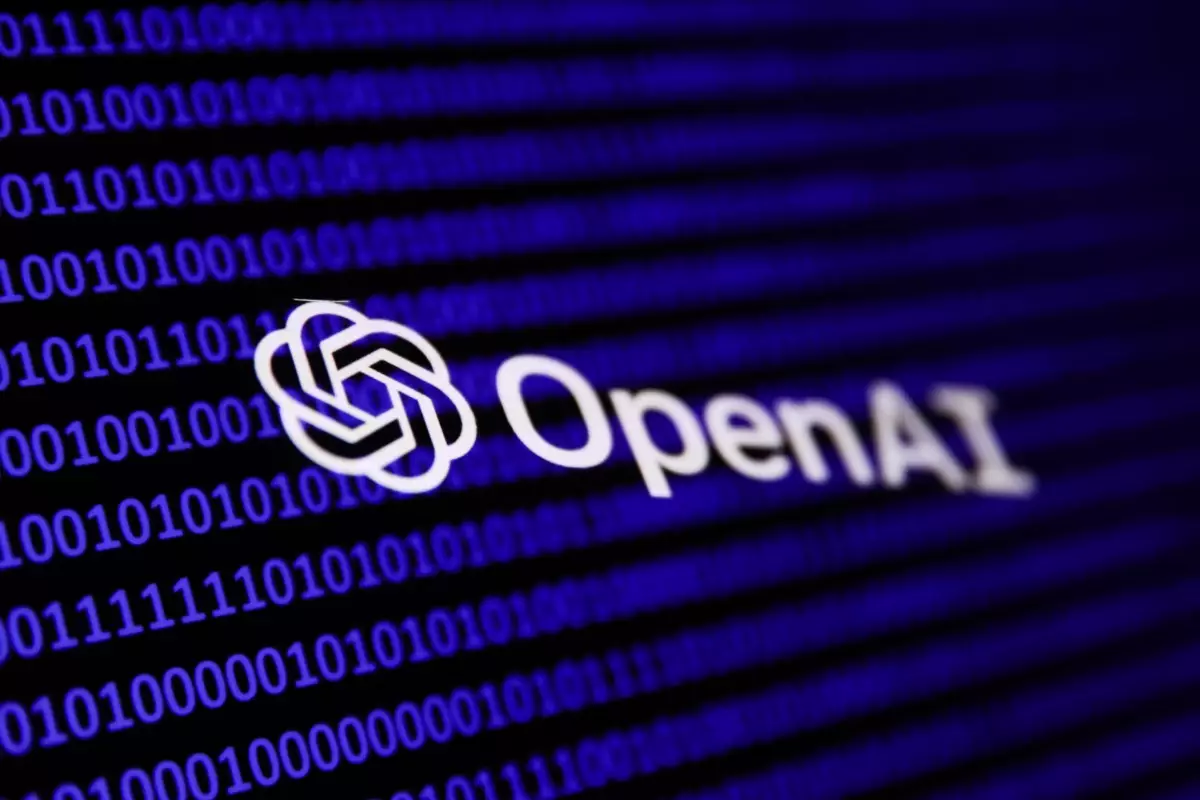OpenAI has unveiled ChatGPT Search, an innovative feature extending beyond the traditional capabilities of its AI language model. This launch allows users to not only interact with the AI conversationally but also access real-time data from the web in a seamless manner. By merging conversational AI with web search functionalities, the platform aims to reimagine how users access and interact with information online.
At its core, ChatGPT Search is equipped with a sophisticated algorithm that determines the most relevant web queries automatically. Users can manually initiate a search by clicking the “Search the web” icon within the interface. The breadth of information provided by ChatGPT Search is impressive, featuring real-time answers pulled from multiple online sources. Summarizations now include multimedia content like images and YouTube videos, enhancing the overall user experience.
The recent integration of a refined version of OpenAI’s GPT-4o model elevates the interface to new heights by delivering timely updates across various categories such as sports statistics, news, and stock market analyses. Alongside links to original content, the system encourages users to ask follow-up questions, fostering a more interactive and nuanced information gathering process.
Initially, ChatGPT Search was a premium feature, limiting access to paying subscribers only. However, in an effort to democratize this technology, OpenAI opened it up to all users. This move aligns with the organization’s commitment to refining the tool based on user feedback, which is imperative for long-term success.
Additionally, OpenAI has enhanced the speed and efficiency of ChatGPT Search. The feature can now be set as the default for any web browser, providing constant, streamlined access to information. Furthermore, adaptations for mobile users have improved accessibility, with optimized business information layouts, including interactive features like Apple Maps for address navigation.
Despite the promising advancements, the rollout of ChatGPT Search has faced criticism, especially from content creators and publishers. Concerns arise around the potential of AI-driven tools to reduce web traffic to original content sources. A concerning statistic reveals that solutions like Google’s AI Overviews risk impacting nearly 25% of publisher traffic—something that industry stakeholders deem unsustainable for their revenue models.
OpenAI has responded by actively soliciting and integrating feedback from content publishers. The aim is to calibrate how inquiries are handled, ensuring that relevant articles are highlighted while maintaining an emphasis on direct source links.
As ChatGPT Search evolves, it is evident that OpenAI perceives it as a cornerstone for future growth in AI-assisted environments. The continuous enhancement of its features, combined with proactive mitigations to address content creator concerns, positions this tool favorably in the competitive landscape of AI technology. Users can expect not only rich informational experiences but also an increasing capacity for conversational AI to adapt and meet demands for immediate and applicable knowledge. ChatGPT Search is more than just a new feature—it represents a significant leap toward a future where AI and human interaction coalesce seamlessly in information access.

